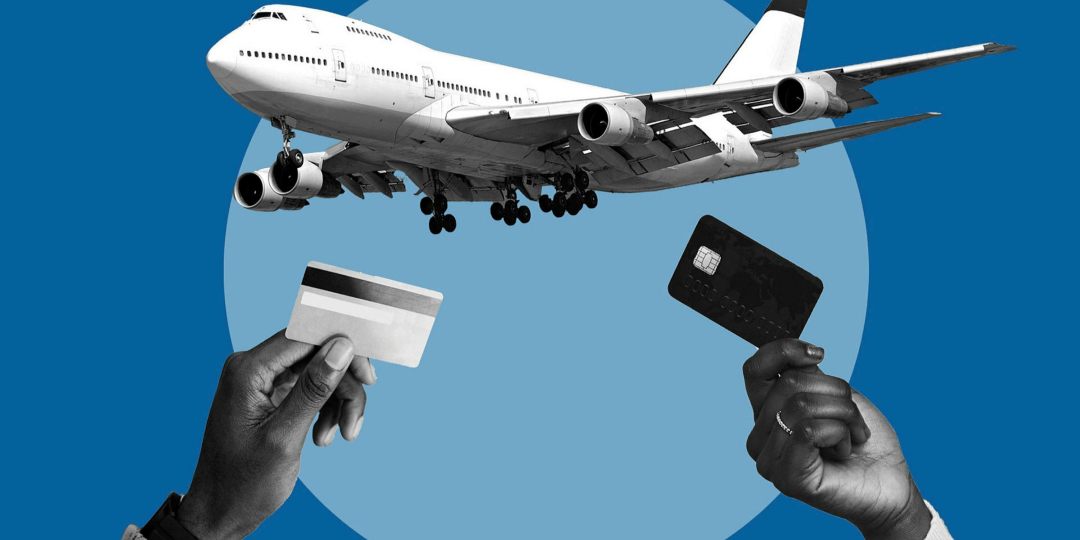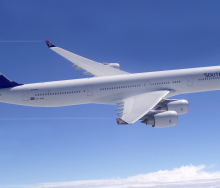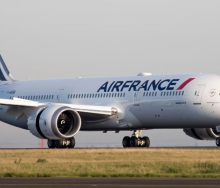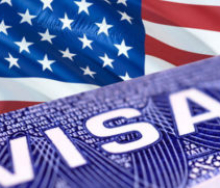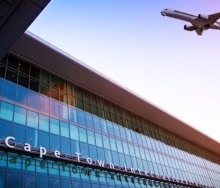After years of lobbying for a less one-sided approach to risk management within the Iata Agency Programme, and nearly a year and a half spent struggling to get refunds out of airlines since the onset of the pandemic, it’s understandable why agents have welcomed Iata’s introduction of automatic refund processing through BSPlink.
“We are pleased to announce an enhancement to the Refund Application (RA) process in BSPlink. This enhancement includes an automatic processing of the RAs within 60 days from the submission date of the refund, in alignment with resolution 824e,” said Iata in a statement.
Iata outlined that RAs would now be automatically processed when the following conditions were met:
- When the agent has selected the field that indicates that the RA is complete and final (this needs to be manually checked).
- When the airline has not flagged the RA as subject to exception due to bilateral commercial agreement or regulatory exceptions.
“This allows your travel agency to have a better financial forecast over refund transactions, it saves time through streamlined back-office activities and it enhances the user experience of RA management in BSPlink,” added Iata.
“This is a real win for agents who can now expect their refunds to be automatically processed and refunded through the BSPLink without any delays from airlines,” said ceo of Asata, Otto de Vries.
Otto explained that Asata, together with other agency associations from around the world, had been lobbying for many years for Iata to institute a less one-sided approach to its Agency Programme when it came to risk management.
“There are numerous credit checks and guarantees in place to ensure that travel agents do not mismanage customer funds, while very few checks have ever been in place for to ensure that airlines are correctly managing customer funds. This gap became very apparent at the onset of the pandemic when airlines delayed refunding clients for services that they had not delivered, instead issuing billions of dollars of credit vouchers in lieu of refunds. There was clearly an issue with a business model that utilised funds paid in advance by consumers for current costs, leaving customers out of pocket when the airline was unable to deliver the promised service,” said Otto.
“In addition to the ongoing lobbying of agents, Iata found itself facing increasing pressure from politicians and commissioners in the consumer space, who have taken a very dim view of airline behaviour relating to refunds over the past 18 months. We believe that it was a combination of both these drivers that has spurred Iata to introduce automatic processing of refunds through the BSP. This a great victory for consumer rights and for agents, who have been lobbying for this development for many years, in the interest of improving service delivery to the consumer,” he added.
